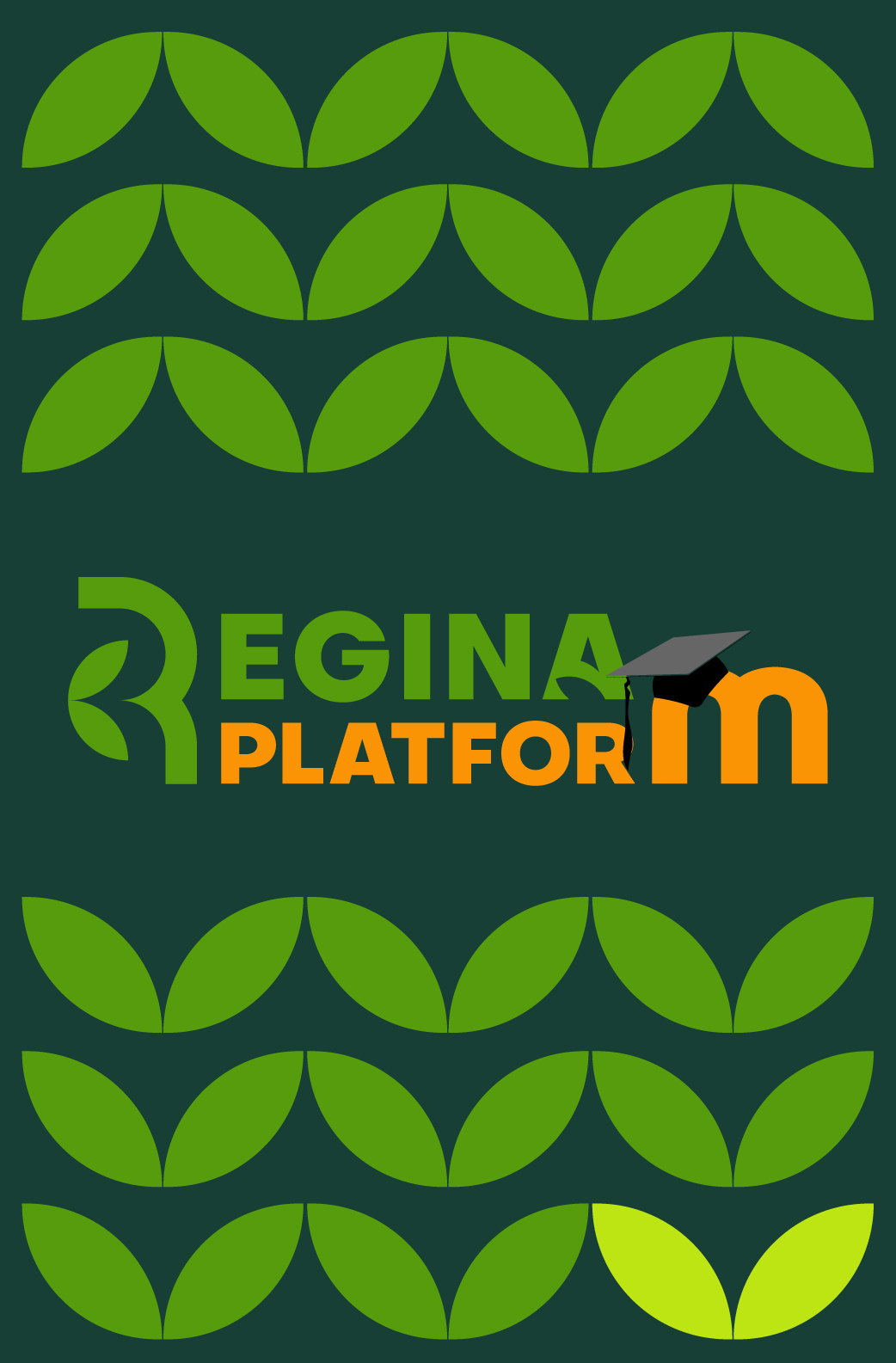National Workshop Italy
The workshop brought together all the actors of the agricultural sector with the primary goal of discussing and disseminating innovative agricultural practices tested at Ente Terre Regionali Toscane's demo farm. The event was particularly relevant as it was the opportunity to present the topic of Regenerative agriculture and introduce the platform of the REGINA project to key stakeholders in the agricultural sector. The REGINA project focuses on promoting sustainable and regenerative agricultural practices, making this workshop a crucial step in fostering awareness and adoption of these methods among local agricultural communities. In particular, the specific objectives of the workshop were:
- Demonstration of Practical Applications: Showcase experimental fields and practical demonstrations of the common practices applied at the demo farm, such as intercropping, cover cropping, reduced tillage, and no-tillage.
- Facilitation Knowledge Exchange: Provide a forum for agronomists, technicians, industry organizations, and policymakers to discuss the implementation and challenges of sustainable cropping systems.
- Addressing Challenges: Identify and discuss the limitations and barriers to adopting sustainable practices, including financial, educational, and policy-related challenges
- Encouraging Collaboration: Foster collaborative efforts between researchers, farmers, and industry stakeholders to support the transition to sustainable agricultural practices.
The workshop drew a diverse group of participants, encompassing farmers, agro-technicians, agronomists, researchers from various research centres, sector organizations, and policymakers. These groups represented a wide range of expertise and perspectives, all crucial for discussing and promoting regenerative agriculture practices. Farmers attended to explore practical applications and benefits directly relevant to their daily work. Agro-technicians provided insights into the application of new technologies and techniques in the field. Agronomists contributed their expertise in soil management and crop production, essential for sustainable farming. Researchers from different centres brought in cutting-edge knowledge and findings to inform discussions. Representatives from sector organizations were present to advocate for the interests of the agricultural community, while policymakers participated to understand the practical needs and challenges faced by the sector, which could inform future policy developments.
The workshop was structured to maximize interaction, knowledge sharing, and practical demonstration of applied practices. The day's proceedings included a series of sessions, each focusing on different aspects of sustainable farming, with a mix of presentations, group discussions, and field visits.
The workshop began with a welcome address by representatives from Ente Terre Regionali Toscane and the Department of Agriculture, Food, Environment, and Forestry (DAGRI) of the University of Florence. An overview of the workshop's goals was provided. The first session featured a comprehensive presentation on the demo farm of the Ente Terre Regionali by Dr. Giovanni Sordi, the director of the abovementioned regional farm.
During the following sessions, visits to several experimental fields were carried out. In particular, those fields were applying conservation and/or regenerative agriculture practices; in fact, some researchers and technicians demonstrated the application of sustainable cropping systems and practices, such as intercropping, cover crop planting, reduced tillage, and no-tillage. During the practical explanation, there was the opportunity to discuss with agronomists, technicians, industry organizations, and policymakers about the above practices and limitations to their application.

Afterwards, the REGINA project and Regenerative Agriculture was presented to the participants. After the definition of Regenerative Agriculture and the presentation of the platform, the discussion with the participants was opened. One significant limitation for the adoption of the discussed practices was the initial cost of transitioning to regenerative agricultural practices. Many farmers pointed out that while long-term benefits are promising, the short-term financial burden can be substantial, especially for small-scale farmers who may lack access to capital or credit. The need for specialized equipment for practices such as no-tillage or the planting of cover crops can also be a barrier.
Additionally, there were concerns about the knowledge gap and the learning curve associated with these new practices. Farmers expressed the need for more extensive training and continuous support from agronomists and researchers to successfully implement regenerative techniques. This highlights the importance of ongoing educational workshops and the development of comprehensive support networks.
Another challenge discussed was the uncertainty and variability of results. Regenerative agriculture practices can lead to different outcomes depending on soil types, climate conditions, and existing farming systems. This variability can make farmers hesitant to adopt new practices without guarantees of success.
Furthermore, some stakeholders noted the lack of policy incentives and support from government bodies. Effective policies, subsidies, and incentives are crucial to encourage widespread adoption. Without such support, many farmers might find it difficult to justify the transition economically.
Lastly, market demand and consumer awareness were identified as critical factors. For regenerative agriculture to be viable, there must be a market willing to pay a premium for sustainably produced goods. Efforts to educate consumers and create demand for products grown using regenerative methods are essential for the success of these practices.

The REGINA project (No. 2021-1-HU01-KA220-HED-000027629) was funded by the European Commission. The content of this website does not necessarily reflect the views of the European Commission.
Call 2021, KA220 – Cooperation Partnerships in Higher Education
The European Commission’s support for the production of the publications does not constitute an endorsement of the contents, which reflect the views only of the authors, and the Commission cannot be held responsible for any use which may be made of the information contained therein.

